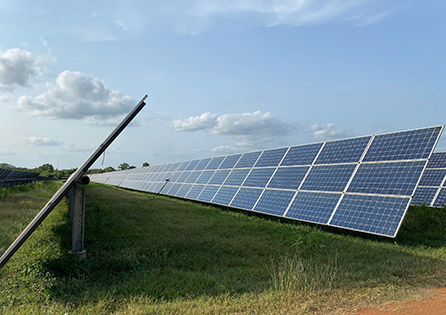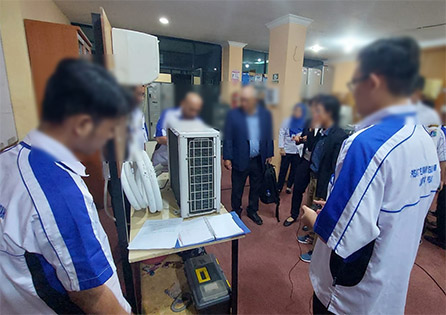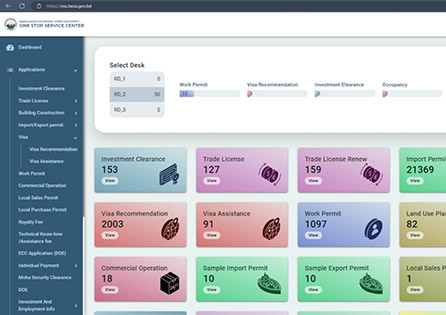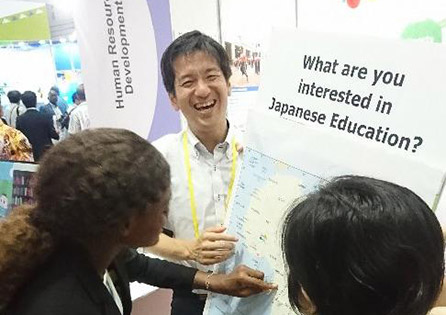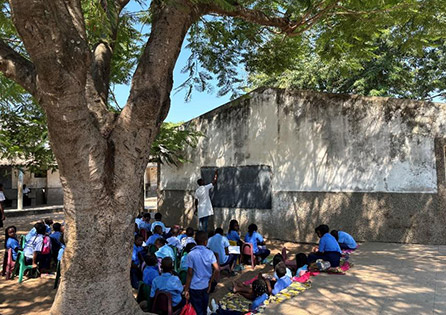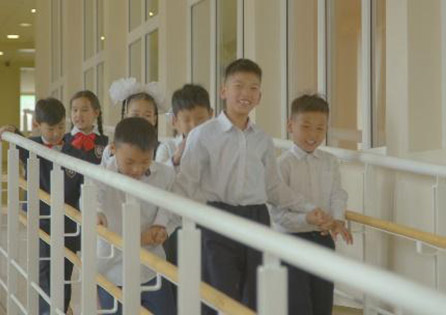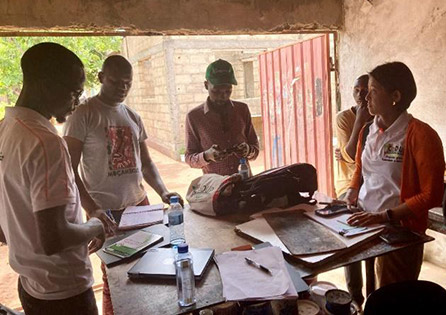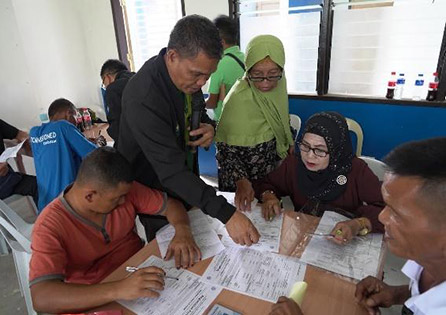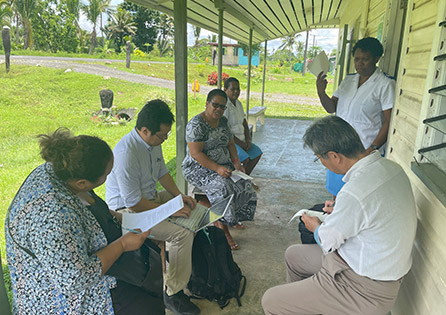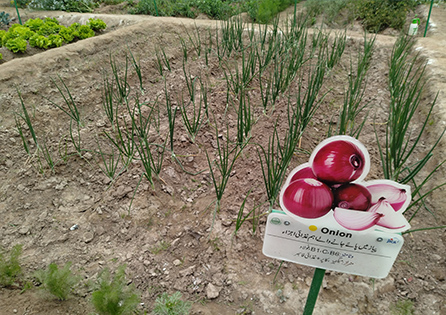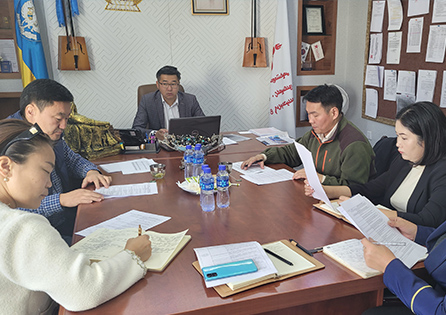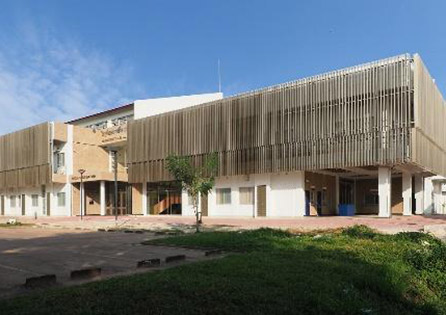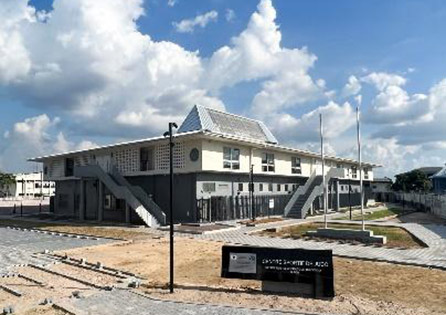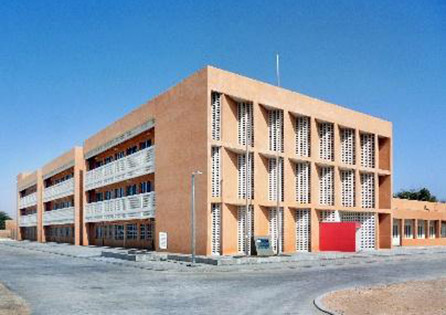This website uses cookies for a better browsing experience.
If you agree to the use of cookies, please click the "Agree" button.
Please refer to the Information Security regarding the use of cookies on this site.
Project for Expansion of New Curriculum in Mozambique (PRICEP)
Country: Mozambique
Client: Japan International Cooperation Agency (JICA)
Implementation Period: March 2021 to April 2027
Improving learning and teaching methods for mathematics and natural science in primary education
In Mozambique, efforts to expand access to primary education have been implemented, allowing more children to attend school.
Despite these efforts, challenges related to the quality of education remain, and few students meet the academic standards set by the Mozambican government. To address this situation, PRICEP is being implemented with the aim of improving the quality of mathematics and natural science education in primary schools. This aim will be achieved through the revision of the national curriculum for primary education, student textbooks and teacher guides, as well as through the improvement of in-service and pre-service teacher education and the enhancement of educational assessment and evaluation.
With careful attention to rapid changes in global affairs, KRC improves the business environment in developing countries by helping to strengthen industrial competitiveness and to develop special economic zones, and by providing a wide range of support that uses digital technology (for entrepreneurs and to improve public service delivery). We also boost the private sector in both Japan and developing countries by leveraging domestic and international public-private partnerships (PPPs). This is done through support for Japanese businesses to expand overseas, overseas infrastructure development, and business matchmaking between Japan and developing countries.
Through technical cooperation in developing countries, we are working toward the realization of a world where everyone can access high-quality education. This includes support for the formulation of educational plans, capacity building for managing educational institutions, teacher training and development of learning materials. By collaborating with the ministry in charge of education, local educational authorities and schools in each country, we work in various stages and areas of education such as basic, higher and inclusive education.
With an aim to reduce disparities in developing countries, we provide effective and practical solutions and improvement strategies to help the socially vulnerable, develop rural areas and improve governance. In particular, we play key roles in making improvements to society in conflict-affected areas that lead to restoration and conflict-recurrence prevention by enhancing fair and reliable public administration, employment promotion and community capacity building. In Japan, to facilitate regional development and improve the living standards of local populations , we offer consultation service to national ministries and agencies, as well as to local governments.
KRC assists governments of low and middle income countries to improve the well-being of their people, including socially vulnerable populations, from perspectives of both healthcare and social protection. KRC has provided the assistance this through technical cooperation and research activities to build human capacity among healthcare professionals, build hospitals, improve hospital management systems and strengthen social security systems. More specifically, KRC has worked for addressing a wide range of social issues, such as malnutrition, weak health care system, insufficient social security systems, non-communicable diseases (NCDs), disability and development, and aging populations.
We mainly provide consulting services for investigation, planning, design and supervision for facility development and equipment procurement in projects conducted using Japanese ODA grants or loans.
Through field surveys, we understand current issues and assistance needs, and actively discuss with stakeholders at various levels, including project beneficiaries, users, and responsible institutions. Our findings are reflected in planning and design, and we aim to contribute to the development of local communities and the target sector.



